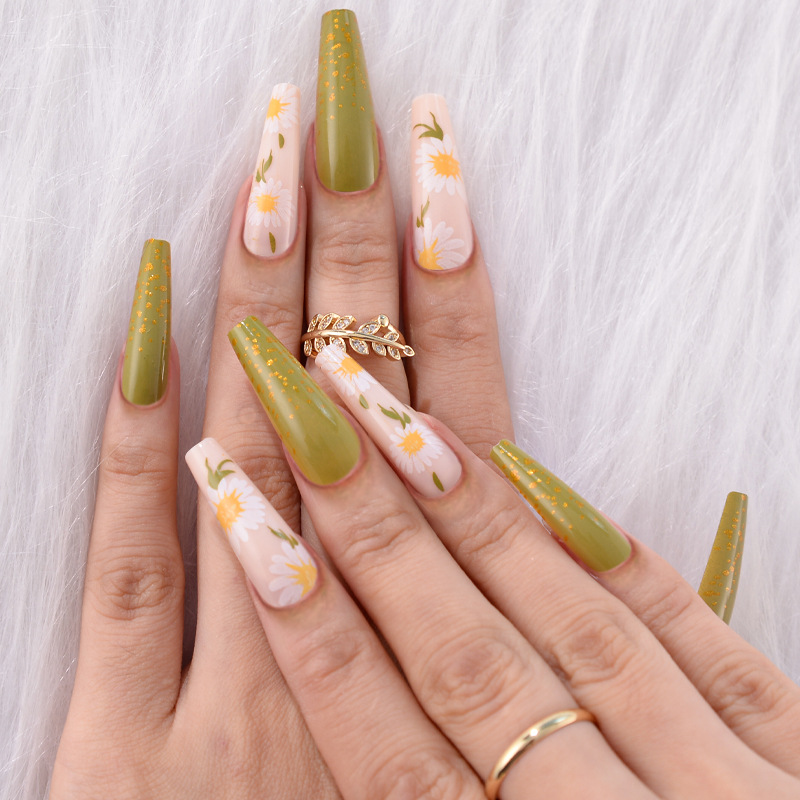Introduction
Allergic reactions to nail products can be an uncomfortable and frustrating experience, often leading to redness, itching, and irritation around the nails. For those affected, finding a suitable solution becomes paramount. This essay delves into the question of whether artificial nails can be used to treat allergic reactions related to nail products. Let’s explore this topic to provide a novice-friendly understanding of the potential benefits and considerations involved.
Understanding Allergic Nails
Allergic reactions to nail products, such as nail polishes, gels, or acrylics, can arise due to sensitivity to certain chemicals present in these products. Common culprits include formaldehyde, toluene, and resin compounds. When exposed to these allergens, some individuals may experience inflammation and irritation in the surrounding nail tissues, resulting in what is commonly known as “allergic nails.”
Can Artificial Nails Help?
Artificial nails, such as acrylics or gel extensions, have different compositions compared to traditional nail polishes, making them an option to consider for those with allergic reactions. These artificial nail materials typically contain fewer allergenic substances like formaldehyde, offering a potential solution for individuals struggling with allergic nails.
Benefits of Artificial Nails for Allergic Nails
Reduced Allergenic Exposure: As mentioned earlier, artificial nails often contain fewer allergenic compounds, which can minimize the risk of triggering allergic reactions for some individuals.
Enhanced Nail Protection: By applying artificial nails, the natural nails are shielded from direct contact with potentially irritating substances found in traditional nail polishes, providing relief to the affected nail tissues.
Versatile and Long-lasting: Artificial nails can be customized to suit individual preferences and can last longer than regular nail polishes, allowing for extended periods without allergenic exposure.
Considerations and Precautions
While artificial nails may offer relief to those with allergic nails, there are essential considerations to keep in mind:
Patch Test: Before applying artificial nails, it is crucial to conduct a patch test to check for any sensitivity to the materials used in the artificial nails.
Professional Application: Seek a qualified and experienced nail technician to apply artificial nails. Proper application is crucial to prevent further irritation and ensure the best results.
Regular Maintenance: Adequate maintenance of artificial nails is essential to avoid any potential complications. Regular fills and replacements are necessary to prevent moisture accumulation and the risk of infection.

Conclusion
In conclusion, artificial nails can be a viable option for individuals experiencing allergic reactions to traditional nail products. By opting for artificial nails with reduced allergenic compounds and professional application, one can potentially find relief from the discomfort caused by allergic nails. However, it is essential to remain cautious and prioritize nail health by seeking guidance from a nail specialist and staying vigilant for any signs of adverse reactions. Remember, every individual’s reaction may vary, so consult with a healthcare professional if you have any concerns about allergic nails or treatment options. Embrace the possibilities that artificial nails can offer and take steps towards achieving beautiful, comfortable nails once again.
Post time: Jul-21-2023
